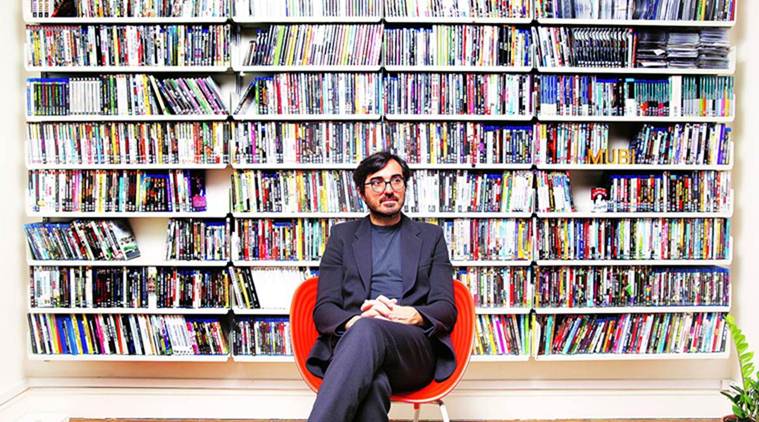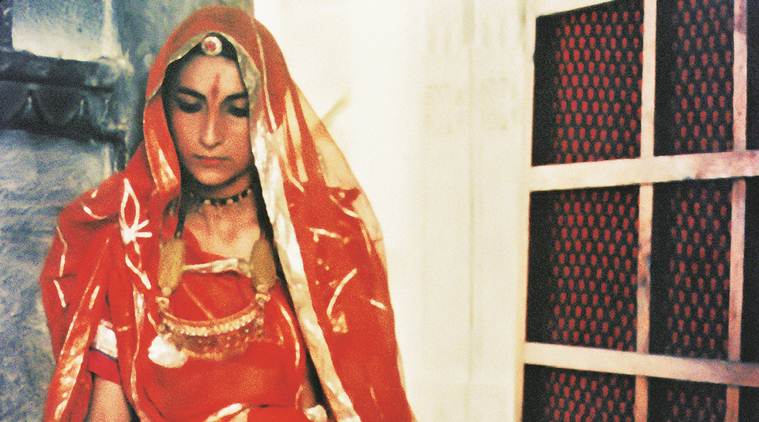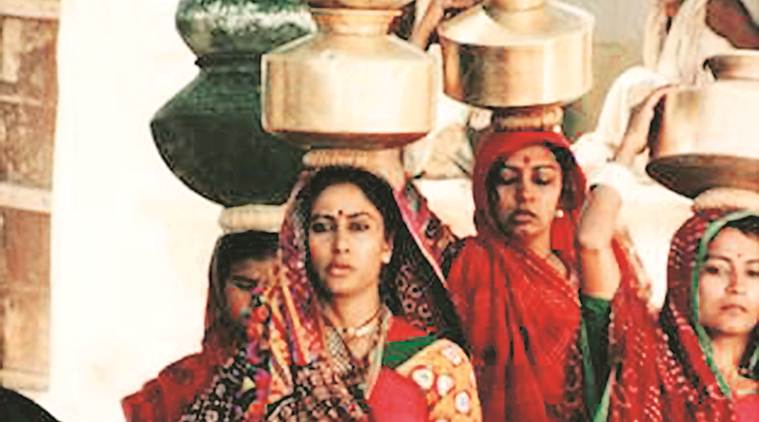- India
- International
The focus is great cinema, not just great indie cinema: MUBI founder Efe Cakarel
As MUBI enters India, Efe Çakarel talks about his experience of acquiring movies in the country and why he is headed to Chennai next.
 Efe Çakarel founded MUBI in 2007.
Efe Çakarel founded MUBI in 2007.
IN 2007, Turkish-born Efe Çakarel, after a successful stint with Goldman Sachs in London and New York, founded MUBI — a curated movie streaming service. MUBI follows an interesting model of adding a new movie everyday at midnight; this is then available for 30 days. Çakarel, who has an MBA from Stanford Graduate School of Business, developed this service, initially called The Auteurs, after a failed attempt to stream a movie on his laptop at a Tokyo cafe. With its headquarter in London and team spread across the world, this global online platform mostly showcases handpicked movies that are not easily available, experimental in nature and works of auteurs from across the world. Recently, it launched MUBI India, and available on it right now are movies by Saeed Akhtar Mirza, Mira Nair, Satyajit Ray, Kumar Shahani, Mrinal Sen, Mani Kaul, and Shyam Benegal among others. During his trip to Mumbai, Çakarel spoke about his plans for India. Excerpts:
The Indian market already has several movie streaming services. What is your vision for the country?
There are strong local players such as Hotstar, and then the big international ones such as Netflix and Amazon Prime Video. Everybody is trying to do the same thing — provide as much content as possible. The content is mostly skewed towards television series, which are much more engaging, and big blockbuster movies. We, however, focus on great movies. Sometimes we have a movie that’s made on a really big scale and sometimes it’s a really small film that we believe people should watch. Now, people know what MUBI stands for and our business has grown amazingly. That’s what we are expecting in India as well.
 Still from film Ghare Baire
Still from film Ghare Baire
Some cinema purists have expressed concern over the possibility of MUBI diluting its content to cater to the pan-Indian audience.
We had been showing movies which previously did not get distribution in this country. The content was very art-house and eccentric. The people who are on MUBI right now are hardcore cinephiles. They’re incredibly demanding regarding our cinema choices. However, there is a reason why a certain movie is on our platform. I always tell my team that don’t take yourself too seriously, take what you do very seriously. You need to have a selection of films that’s amazing. But we are not purely about independent cinema. Joker is a Warner Brothers movie. It’s as big as it gets (in terms of scale), yet it is pure cinema. Putting that film on MUBI, maybe, would create some stir. But that’s my message: it’s a platform that focuses on great cinema, not just great independent cinema.

 Still from film Duvidha
Still from film Duvidha
Still, why would you have John Wick and John Wick 2, especially when another platform is streaming them?
We think that Keanu Reeves is very good in these movies. We love what he does. In the context of 30 films available on MUBI at any given time, we will have some films, and I don’t want to call them guilty pleasures, which would have something special about them. We can argue why John Wick may or may not belong to MUBI, but in the end it’s the programming team that makes those decisions.
MUBI has come to be seen as a platform where one can watch movies that people cannot find elsewhere.
That’ll continue. During my next trip to India, I will spend a couple of weeks in Chennai. I’m getting fascinated with the cinema coming out from south India. We are going to show those films. In the coming months, people are going to see that we are as genuine and committed to championing great cinema as we’ve always been.
 Stills from film Mirch Masala
Stills from film Mirch Masala
How easy or difficult has it been for you to source movies in India as we have lost a lot of prints?
We are new in India for the audience, but we are not new for the film industry. We have been at the film festivals at Cannes, Venice, Berlin and others. We have been buying and releasing movies. There are a lot of films that we may not have access to right now. However, when we started looking at the films that we’d like to show, for example, Pyaasa, we found out that Ultra has the rights. When our programming team goes to them, they end up going through their catalogue and pick up more titles. Similarly, we have been going to the National Film Archives of India, Shemaroo and others. These conversations have not been difficult.
Has there been any other challenge?
Commercial movies are difficult because Netflix and Amazon have completely distorted the market (by offering a higher price). Even though they don’t have a long-term commitment regarding independent cinema or classics, when then entered the market it was like grabbing the land. So, the price expectation for content to be streamed in this country went up significantly over the past few years. I do expect to lose money here. It’s going to take a couple of years to get it right. But I’m not focused on profitability at this stage. I’m focused on growth. So if I want a particular title, we need to figure a way to get it and we need to pay up.
Would movies have an afterlife on MUBI after 30 days?
Currently, no. Sometimes we bring the film back if there’s a lot of demand or we are doing a retrospective, but after a certain gap. Good cinema is for everyone. It’s just that people don’t get exposed to it, especially the young generation. They are bombarded with movies such as The Avengers. You need to create an environment where they are exposed to these wonderful films.
Photos
Apr 19: Latest News
- 01
- 02
- 03
- 04
- 05








































